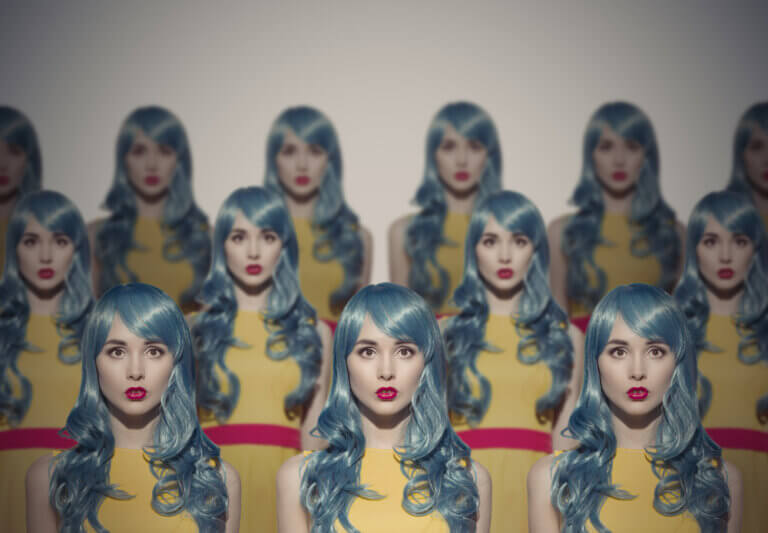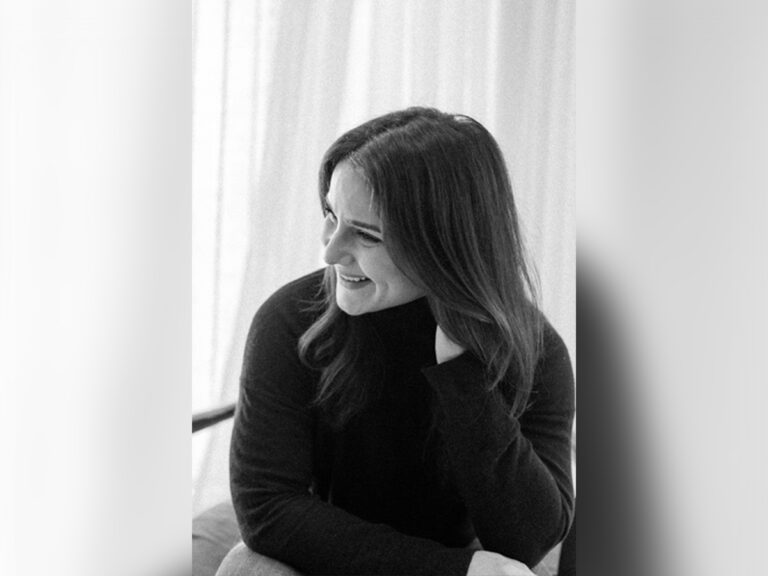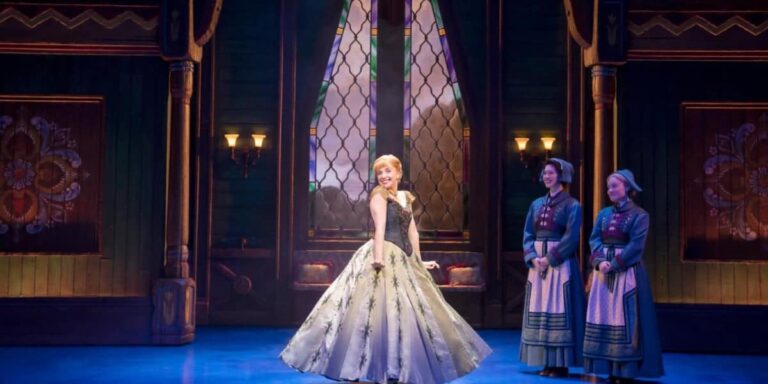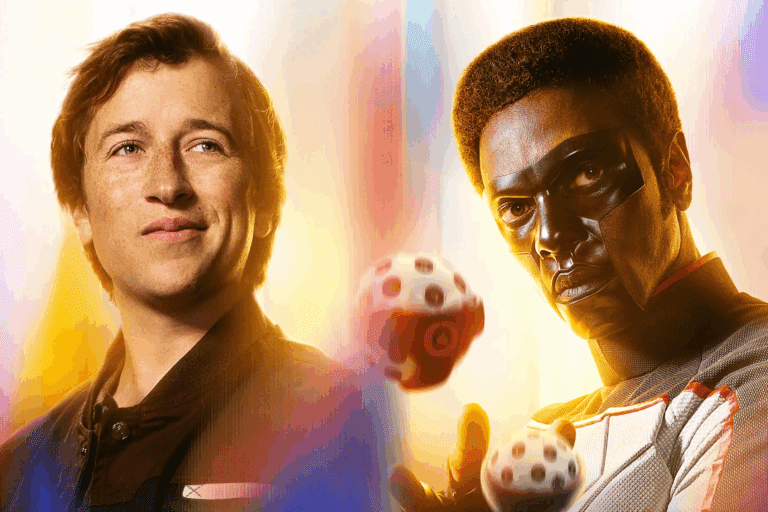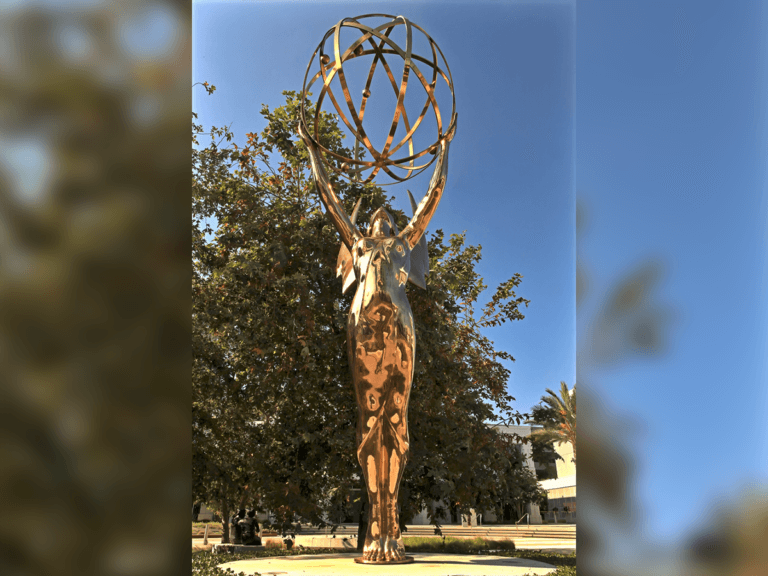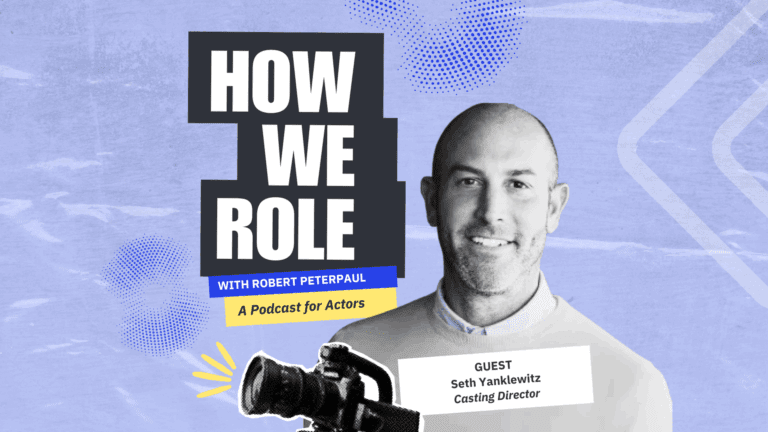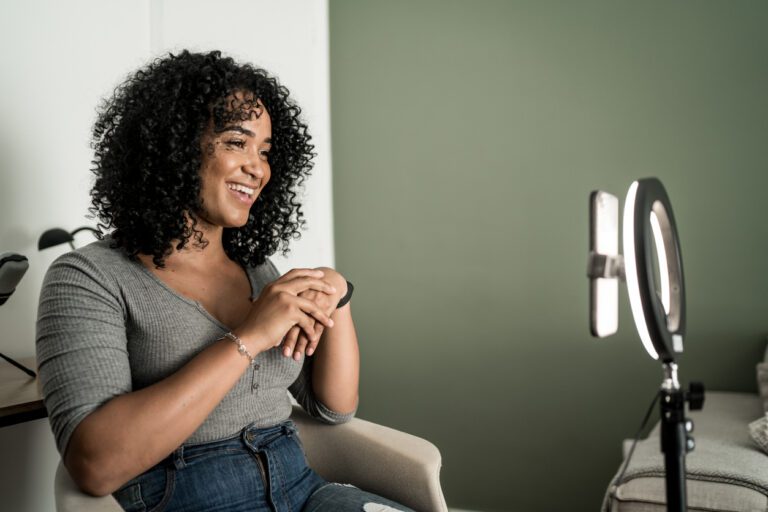Chrissy Fiorilli doesn’t mess around. A 10-time Artios nominee, and one-time winner, she’s so versatile that she has actually been nominated in six different categories. Theater, commercials, long form, short form, TV and movies, she does it all, and clearly does it exceedingly well. While she’s not nominated for an award this year, considering that she got a trio of nods in 2024 suggests she’ll be back on the list soon enough.
She’s been very busy over the last couple years, with no less than 10 different projects, including
several podcasts, and the indie thriller Things Will Be Different, now available on demand. Fiorilli is LA- based, but she spoke to us from a friend’s place in upstate New York.
How did you get into casting in the first place?
I started as an intern in Bernie Telsey’s office. My friend Stephanie Yankwitt and I went to the same college, and then she graduated before me and had started working in Bernie’s office as his assistant. One day she just asked me, have you ever thought about casting? We can’t afford to hire anybody right now, but do you want to be an intern? I had just been laid off from a job, so I started as an elder intern, in my 20s, and it was great. I mean, all I did at first was take out the garbage and open the mail, but I was the happiest I had ever been. It was awesome.
Why? What was it that made you so happy?
I just instantly felt at home. I couldn’t believe that there was a job that worked with the best parts of my brain that weren’t necessarily skills that were great in other careers. Like remembering someone from a commercial who was also in a movie. Being able to make those connections. Research. All the skills that I had that were and are needed for this career. I mean, I can’t watch something without going, “Oh, okay, that’s so and so, and this is the conservatory that they went to, and this is where they grew up.”
There’s that Malcolm Gladwell thing about being a connector. I have that skill too. You get a script, there’s all these roles, and you read them, and then you you make those connections, right? Oh, here’s the types of people that we should see, things like that.
After your internship, what was the journey like to becoming an actual casting director?
I worked for a manager for a short time, and that was really informative, because I learned that I was better at buying than selling. But it was also really nice to see what it was like on that side of the process. Then I just started freelancing for a bunch of people in New York, and I lived in New York for a total of seven years, and then moved to LA 14 years ago. I worked at College Humor, where I was in house there, convincing celebrities to come be in funny videos for free, as well as keeping tabs on the comedy scene and who was up and coming, who we could place in different sketches, things like that.
My husband’s an actor, and we had our first child a couple years into my time at College Humor, and he got a series pickup for a show that shot in Montreal. So I quit the job because I couldn’t work from Canada, and when I came back, I partnered with Amanda Doyle for four or five years. She’s since moved to Atlanta, and then from there, I just went out on my own.
Was that a tough move to make?
I think that even early on, I knew that I would always be a better casting director than I ever was as an assistant or an associate. It just took time. My path hasn’t been as linear as a lot of other people, because I did things like dabbling in the internet space before anybody was comfortable with it, when it was actually new media. Being on my own, it’s been nice taking my favorite things process-wise, or even creatively, picking up pieces from each of the places where I’ve been and making it my own.
How did working in the internet space and new media affect your work? Do you think you’re a better casting director because of it?
Yeah, I definitely took a lot from that experience. I think that there’s a lot of really talented people who are performing on the internet that too many people don’t take seriously. Everyone was trying to get influencers or people with a large following in more mainstream media. But really it’s not about how big of an audience someone might have, but is that audience willing to follow them wherever they go? To find that distinction between, is this person only funny in small bites? Or do they have the skills that could carry them through to carry a show?
Is that something of a superpower? If you have this ability to understand who’s funny and how they’re funny, and whether or not that funny is going to translate, it seems to me that it would be some kind of an advantage, not in a competitive way, but rather to enhance your own abilities as a casting director.
Absolutely. Also, because I don’t just cast one type of medium. I cast film, TV and commercials, so that keeps me on my toes as well. A lot of times, the volume of actors that you’ll see for commercials is so much larger than what you typically will on episodic or in features, and that allows me the luxury of getting to know a lot of people who I might not get the opportunity to meet in any other way. There’s so many times when I’ve been working on a film or a series where I’m not finding what I need, and I will dip into old commercial sessions and pull people from there. And vice versa.
I want to back up a step, to your working in a bunch of offices and taking with you the things
you like. How does your work now reflect the experiences you’ve had?
Honestly, I was very lucky to have started in Bernie’s office, because it was such a warm environment, and very collaborative, where all of the staff would meet once a week and talk about what they’re casting. Sometimes, if someone was stuck on a role, everybody would throw out ideas. That really stuck with me. Even if I’m on my own, I’m not afraid to pick up my phone. I’m on a couple of group text threads with other casting director friends where I’ll say, hey, I’m a little stuck in this role.
Does anyone have any ideas here for somebody? And then we’re all throwing out different ideas and sharing ideas with each other. Also, trying to treat people with kindness. Leading with kindness is important.
What else?
Casting directors that I worked for who would go to the theater every night or go to the movies every weekend, and seeing that they are actively studying actors outside of the job was really helpful for me. I also think that there’s some room for innovation within casting, that there’s a lot of times we can get stuck in our ways. For example, as an associate or an assistant, when you you close somebody, you get all their closing information, and then you have to put that into their Deal Memo and a cast list and all these other things. The whole process was such a slog, and I figured out a way to send a form to agents and managers to fill out once an actor is closed that then all of the actor’s information automatically loads into a deal memo and the cast list. So I’m not spending the time on the stuff that can really slow me down personally. That it works is something in the past couple of years I really take a lot of pride in.
I talk to a lot of casting directors who started out in commercials and moved out of it, but you continue in that world. Will you keep doing that?
I enjoy it a lot, and a lot of the directors that I work with are people who I’ve worked with for a very long time. Going back to College Humor for many of them. I do it because I think it keeps me on my toes, it keeps me fresh, and it’s really quick. Especially right now, with the climate of the industry, films can take forever if they don’t already have all of the money. This is a way for me to keep current on actors across age groups and types, and, yeah, I mean, the money is great. I’m not gonna complain about that.
Working so much in the various genres, you must do a lot of auditions. Do you find that there are common mistakes that actors make when they come in?
I don’t know. I feel for actors, and I think for the most part, I’ve never seen anything super disastrous. At least not recently. I think sometimes people can be a little apologetic, or maybe because of adrenaline, they don’t quite hear a redirection, but, yeah, nothing that I can come up with off the top of my head.
What piece of advice or wisdom would you give to somebody coming in to audition for you?
Know that I’m on your side. I try to really create a warm and friendly environment, and I think that most people who audition, who have auditioned for me, would agree. I’m on your side and I’m rooting for you.
Ready to find your next role with Casting Networks? Sign up for a free trial today!
You may also like:
